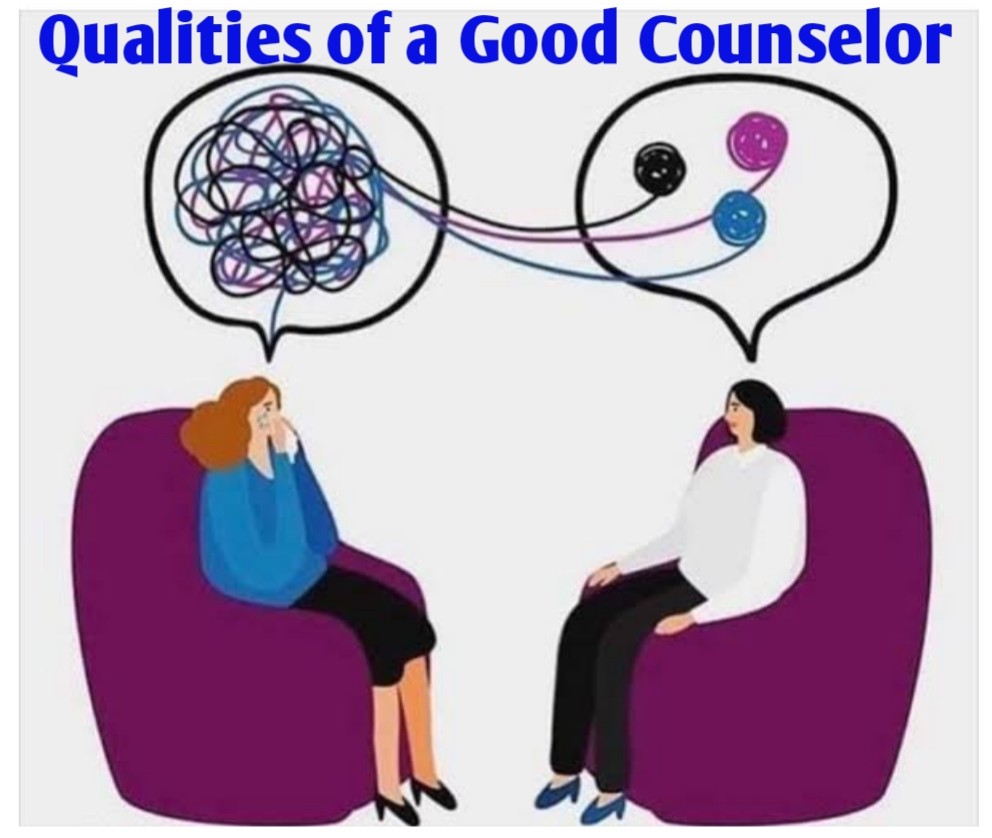According to the American Counseling Association, counseling is defined as, “a professional relationship that empowers diverse individuals, families, and groups to accomplish mental health, wellness, education, and career goals.” Counseling involves helping people make needed changes in ways of thinking, feeling, and behaving, and is a goal-based collaborative process, involving a non-judgmental, supportive counselor who works with a client in telling his or her story, setting viable goals, and developing strategies and plans necessary to accomplish these goals.
Professional counselors help clients identify goals and potential solutions to problems which cause emotional turmoil; seek to improve communication and coping skills; strengthen self-esteem; and promote behavior change and optimal mental health.
How long does counseling take?
Ideally, counseling is terminated when the problem that you pursued counseling for becomes more manageable or is resolved. For some people, this process takes a small amount of time, in some cases, as little as one or two sessions; for others, the process may last longer. However, some insurance companies and managed care plans may limit the number of sessions for which they pay.
Types of counseling
Individual counseling
Individual counseling is a personal opportunity to receive support and experience growth during challenging times in life. Individual counseling can help one deal with many personal topics in life such as anger, depression, anxiety, substance abuse, marriage and relationship challenges, parenting problems, school difficulties, career changes etc.
Couples Counseling
Every couple experiences ups and downs in their levels of closeness and harmony over time. This can range from basic concerns of stagnation to serious expressions of aggressive behavior. Marriage counseling or couples counseling can help resolve conflicts and heal wounds. Overall, couples counseling can help couples slow down their spiral and reestablish realistic expectations and goals.
Family Counseling
Family counseling is often sought due to a life change or stress negatively affecting one or all areas of family closeness, family structure (rules and roles) or communication style. This mode of counseling can take a variety of forms. Sometimes it is best to see an entire family together for several sessions. Common issues addressed in family counseling are concerns around parenting, sibling conflict, loss of family members, new members entering the family, dealing with a major move or a general change affecting the family system.
Group Counseling
Group counseling allows one to find out that they are not alone in their type of life challenge. To be involved in a group of peers who are in a similar place not only increases one’s understanding of the struggles around the topic but also the variety in the possible solutions available. Typically, groups have up to eight participants, one or two group leaders, and revolve around a common topic like: anger management, self-esteem, divorce, domestic violence, recovery from abuse and trauma, and substance abuse and recovery.
Qualities and Characteristics of a Good Counselor
Counseling is very important to overall health and wellbeing. Counselors are trained in helping others to work through the problems. They help people to determine the root cause of e.g. addiction or behavioral issues and focus on healing. They can guide and direct people through a variety of situations and help them to focus on what really matters. The Qualities of a good counselor are outlined below:
- Positive minded: Counselor must have a positive attitude. He or she should understand the client very positively.
- Sympathy: A good counselor must have sympathy for the client. He should understand his or her problem.
- Intelligence: A good counselor should be very intelligent. He should understand the client’s problem.
- Informative: A good counselor must have much information. He should know about the topics that he counseled the client.
- Tactful: A good counselor also is tactful. He should quickly understand what steps he should do next.
- Influencing or inspiration power: A good counselor also has the power of influencing others. Otherwise, it cannot be a good counseling program.
- Motivation power: The counselor has the ability to motivate the client. Because without motivation none can get rid of frustration.
- Skillful: Counselor also must be skillful to reduce the frustration. So it is an important quality which should be built up in a good counselor.
- Educated: Without education, none can be qualified for all types of efficiency. So education is a must for a good counselor.
- Ability to take a quick decision: A good Counselor must take a quick decision. As he listens to the client’s problem then he should have decided quickly how he counsels the person.
- Properly trained: A good counselor must be properly trained. As he can take any decision about the client.
- Cool-headed: A good Counselor should be cool-headed. He all times has to cool his brain. In any situation & any type of frustration, he should observe that & take a prompt quick decision.
- Logical: A good Counselor must be logical. He should explain in pure logic. As the client can understand & can agree with him.
- Confident: A counselor must be confident in his point & logic. His confidence level can be an inspiration for the client.
- Frankly Speaking: Counselors should have a strong personality. He cannot be weak in any situation.
- Strong personality: Also a counselor should have a strong personality. He cannot be weak in any situation.
- Intend to solve the problem: Counselor has the intention to solve the problem. In any situation, he should solve the problem.
- Ability to handle the situation: A good counselor has to have the ability to handle any situation. No matter what happens but the counselor must be strict that he can handle the situation.
- Impartial: A good counselor should have the understanding that counselors are impartial. And the client has the intention to listen to the counselor.
- Active: In all cases, the counselor must be active in every part. He should actively explain to the client about his problem. Also, motivate the right way.





